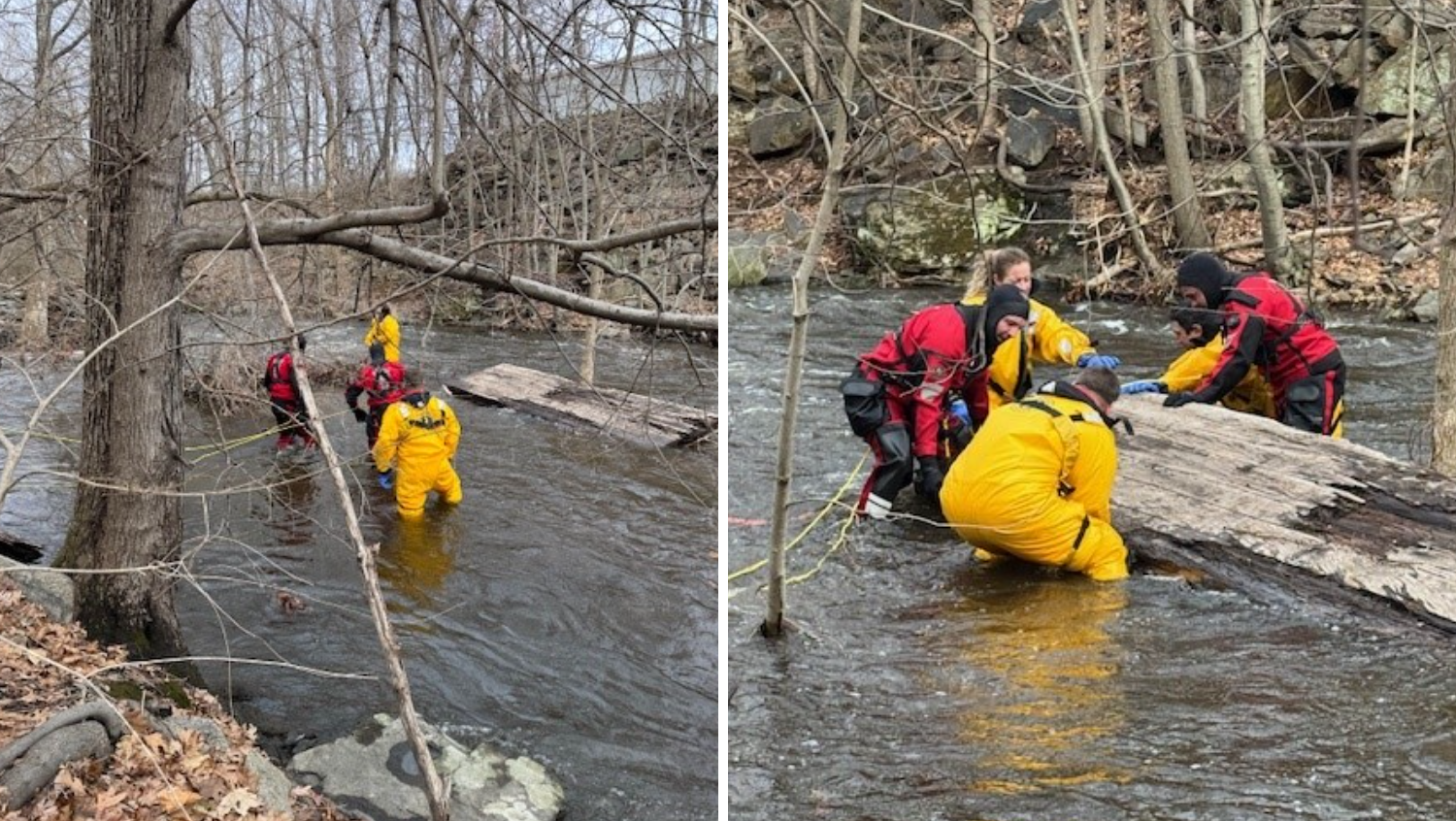Connecticut is steps closer to potentially changing the way the state’s sex-offender registry is managed.
The Connecticut Sentencing Commission is holding a public hearing Thursday and reviewing several proposed changes following a two-year study that began in 2015.
“There was concern in the legislature, I think, that maybe Connecticut could find a better way to deal with sex offender registration, sex offender management,” Superior Court Judge Robert Delvin, chair of the Connecticut Sentencing Commission, said.
Among several proposed changes are three headliners. The first focuses on revamping the system by focusing on an offender’s risk versus the offender’s conviction. In other words, how likely that person is to re-offend.
“We’ve got over 5,000 people on the sex-offender registry now in Connecticut,” Delvin said. “By focusing on the really high-risk offenders now, I think that will make us safer.”
The second proposal is a petition process through the Superior Court to remove an offender from the list. Currently in Connecticut, once an offender is on the registry, the person can’t be removed from it.
The third proposed change readjusts the public’s access to the list. Depending on the crime or risk of re-offending, some of the registry could only be seen by law enforcement. Right now, the public has access to the entire registry.
Local
“As a mother and as a teacher, I feel that we have to protect our most vulnerable populations, and having that kind of information is important to have,” said Meghan Lamarre, of Farmington, who disagrees with a partially concealed list. “We looked at it when we bought our house and I look at it when it’s trick or treating time or when there’s a house for sale in our neighborhood.”
John Barrows of West Hartford agrees.
“I would probably like to see the list still there and available to everybody,” he said.
Judge Delvin said the victims’ voices are being heard in the process.
Several victims have come forth to provide testimony. Meanwhile, victim advocates are also represented on the committee.
“We have definitely reached out to the victims’ community to get their input on how they feel about this,” Judge Delvin said. “And in general, I think they support the idea of focusing our resources on those high-risk offenders.”
Each proposal will be brought to the legislature for consideration.



